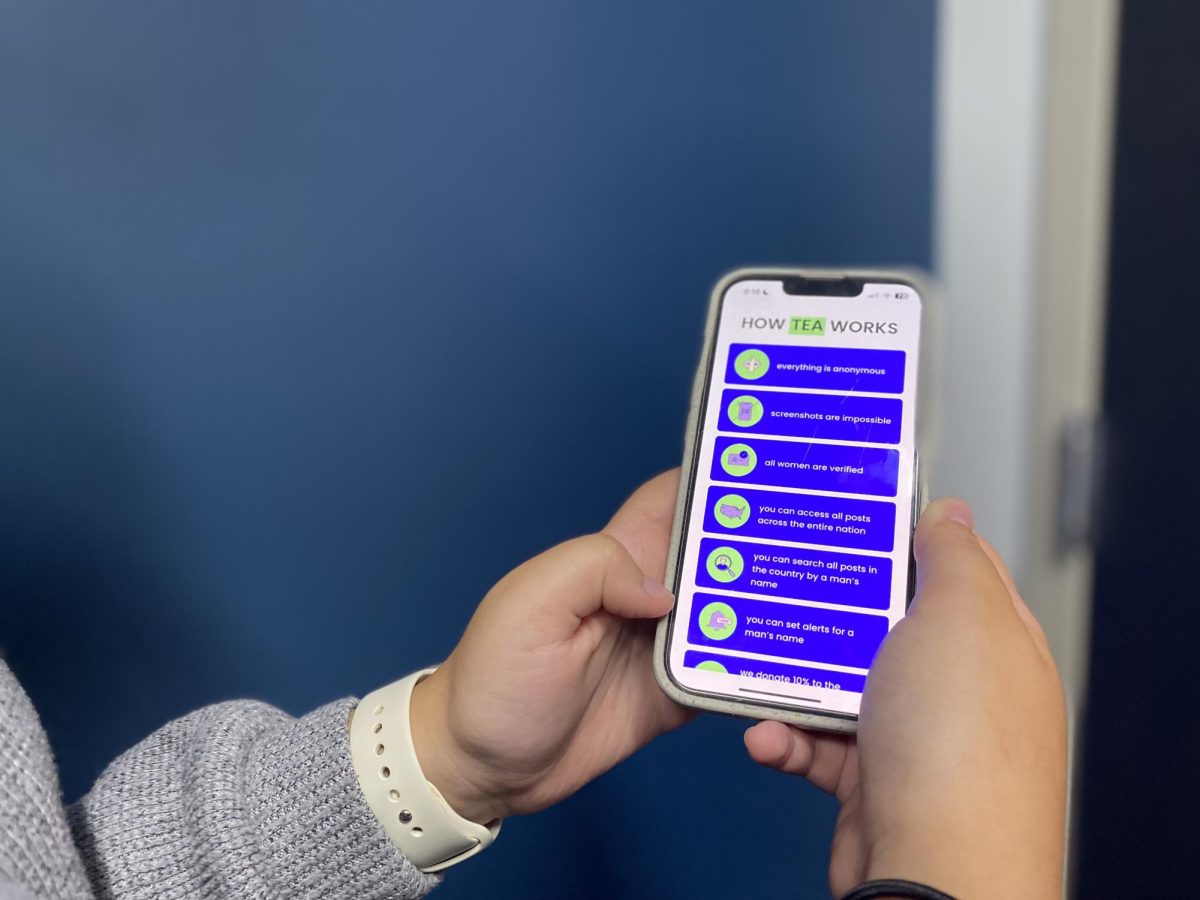When the #MeToo movement burst on the scene, it was revolutionary. Initially, the idea was to show how many people had experienced sexual violence because, as the old adage goes, there is strength in numbers. However, after tremendous response, the twitter trend ballooned into a movement. While raising awareness is a worthy cause, the threat of stagnancy is looming over #MeToo as more people voice their opposition to the movement. In order to remain relevant and create real social change, the #MeToo movement needs to rally behind creating tangible change in the American justice system.
In this digital age, many movements live and die online before creating any real-life changes. It’s easy to get many people to rally behind your cause, but large numbers can easily derail an undefined movement. When you have so many voices contributing their perception on what the movement should mean, you get gridlocked in debate on what counts and what doesn’t in respect to your cause; for example, what happened with Aziz Ansari. However, when you create clear parameters on the values that drive your movement, there’s less room for the movement to completely derail and lose steam.
When it comes to #MeToo, the largest and most prevalent issue in the U.S. that we should rally behind is fixing our criminal justice system. According to RAINN, the number of sexual assault victims that report their assault is around 30 percent. The number of people who are actually incarcerated from these reports is staggeringly low, at less than 1 percent. If women aren’t getting justice, like in the People vs. Brock Turner case, then why would they put themselves in the vulnerable position of reporting it? In the Brock Turner case, where the Stanford student was found to have raped a woman behind a dumpster while she was unconscious, the victim was forced to relive her trauma by testifying. However, the verdict of the case was only a sixth month sentence, with time served at three months. When these are the stories that we see on the news, why would anyone want to report their assault? Instead, this is pushing women towards vigilante justice.
When the justice system fails Americans, citizens may feel that they need to take matters into their own hands. In the case of the #MeToo movement, women are given a chance to expose their attackers and feel that they are making an impact. Whether intentional or not, the perceived justice recieved from exposing your attacker online is more validating than what you will most likely get out of the legal system. However, this nation was founded on the idea of due process and innocent until proven guilty, so this kind of justice shouldn’t be the end goal. We need to make our legal system more responsive and advocate more for the victim.
Don’t get me wrong, the movement has made strides towards getting more response from the legal system, like with the Larry Nassar case. However, urging on the legal system through social media movements is what we should focus on and continue to advocate for when we talk about #MeToo. Women getting to voice their experiences and talk about them are very important, and I don’t think this element should be lost, but rather become the secondary focus of this movement. Instead of silencing those who claim #MeToo, I propose that we bring them justice the proper way. Hopefully then will we see a decline in the number of people who can claim #MeToo.








